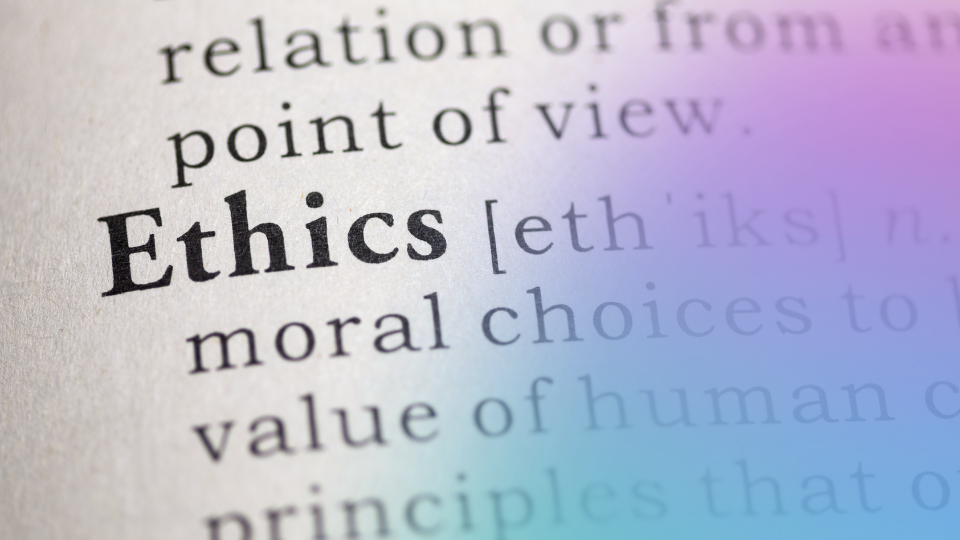Sustainability is a critical imperative for businesses in today’s rapidly changing world. The Environmental, Social, and Governance (ESG) framework has become the gold standard for creating a positive impact. While environmental factors have traditionally taken the spotlight, the significance of Diversity, Equity and Inclusion (DEI) within ESG cannot be overlooked.
Where does DEI fit in ESG?
ESG has evolved from recognizing businesses’ responsibility to considering their impact beyond financial performance. Corporate Social Responsibility (CSR) emerged in the 1960s, but it became more of a marketing tool than a driver of real change. In the 90s, the triple bottom line concept expanded the definition of business success to include social and environmental impacts. Today, ESG encompasses environmental sustainability, social responsibility, and good governance, and it has become synonymous with sustainability.
“If you want results in ESG, you need targets, a timeline, a budget, and people responsible for it that you can hold accountable. Then you are going to get there.”
Thaïs de Tribolet, Founder of Rose Framework
What is the CRSD regulation?
The significance of this update cannot be overstated. Previously, under the Non-Financial Reporting Directive (NFRD), only large public-interest entities with more than 500 employees were required to disclose non-financial and diversity information. The new CSRD not only broadens the scope of companies required to report but also expands the depth of the required reporting. It mandates more detailed reporting on sustainability matters and increases the comparability and consistency of these reports.
What does CSRD mean in sustainability?
Companies subject to the CSRD will now be obliged to report on a wider range of ESG issues, including climate change impacts, resource use, waste management, respect for human rights, anti-corruption measures, board diversity, and employee engagement. The objective is to prevent 'greenwashing' — a practice where companies give a false impression of their environmental responsibility — and to ensure companies are held accountable for their sustainability efforts.
The CSRD also aims to make sustainability reporting as rigorous and reliable as financial reporting. Companies will need to undergo assurance procedures, much like financial audits, to verify the accuracy of their disclosures.
The urgency comes from the escalating global environmental and social crises and the critical role businesses play in addressing these challenges. Companies are increasingly seen as not just economic entities but also social actors with significant impacts on people and the planet. The CSRD ensures that businesses, regardless of size, are accountable for building a sustainable future.
Therefore, companies with 250 or more employees in the EU should start preparing for this significant change in reporting and aligning their business models with sustainability objectives. The aim is not just to comply with the directive but to seize the opportunity to improve their sustainability performance and stakeholder relationships and, in turn, strengthen their competitive advantage in the market.
Is inclusion and diversity part of ESG?
Diversity and inclusion can strengthen each of the three components of ESG. A diverse pool of employees is more likely to be aware of how environmental issues affect different areas and communities, which enables the business to introduce strategies that reflect local needs.
Thaïs de Tribolet highlights that DEI is a top topic of discussion when engaging with companies on the societal aspect of sustainability. The EU’s mandate on gender diversity in listed companies is a significant step towards achieving greater gender equality in corporate leadership positions. By setting a target of at least 40% female representation on boards, the EU recognizes that diverse boards bring a range of perspectives, skills, and experiences that can lead to better decision-making and overall organizational performance.
However, it’s important to note that gender diversity is just one aspect of diversity and inclusion. Inclusive cultures go beyond gender and embrace all forms of diversity. This includes racial and ethnic diversity, as well as diversity in terms of age, sexual orientation, disability, socioeconomic background, and more. When organizations value and actively seek diverse perspectives, they create a rich tapestry of ideas and experiences that drive innovation, creativity, and success.
“Like everything with biases, it's about being aware of it and then doing something about it actively.”
Thaïs de Tribolet, Founder of Rose Framework
Inclusion Beyond Diversity Numbers
Inclusion goes beyond just counting diversity numbers. It's about creating an environment that embraces and respects everyone's unique perspectives and experiences. By fostering a culture where everyone can bring their whole selves to work, organizations can show that they value authenticity and individual expression. The core of this strategy lies in the use of inclusive language.
This is where tools like Witty come in. Witty provides a support system for organizations seeking to communicate more inclusively as part of a larger strategy to promote an inclusive culture. It aids in crafting communications that respect and acknowledge the unique identities of all individuals.
Adopting tools like Witty is a step towards a more inclusive workspace. Rather than solely focusing on diversity statistics, organizations using Witty and similar tools can promote a genuine sense of belonging and acceptance, ensuring that diversity is lived and experienced, not just quantified. Organizations can shift their cultural focus towards true inclusion and acceptance by utilizing these tools.
The Need for Intentional Action and Resources
Embedding sustainability and diversity, equity, and inclusion (DEI) into company cultures requires more than just passive efforts or symbolic gestures. It necessitates allocating dedicated resources and budgets to ensure these areas receive the attention and commitment they deserve. Treating sustainability and DEI as mere add-ons to existing roles or checklist items can lead to frustration among employees and hinder the potential for meaningful change.
Just as any business plan requires strategic planning, timelines, and accountability, the same level of commitment should be applied to DEI initiatives. Allocating dedicated resources, whether financial or human, demonstrates a genuine commitment to driving change and fosters an environment where sustainability and DEI become embedded in the organization's fabric.
Conclusion
Sustainability regulations, such as the CSRD, reinforce the need for measurable progress and accountability. Companies that embrace diversity, foster inclusive cultures, and allocate resources to sustainability and DEI initiatives are poised to thrive long-term.
If you are looking for a digital writing assistant for inclusive language, try out Witty for free. Witty detects non-inclusive language and provides ongoing training on unconscious bias and operationalizes inclusion.






